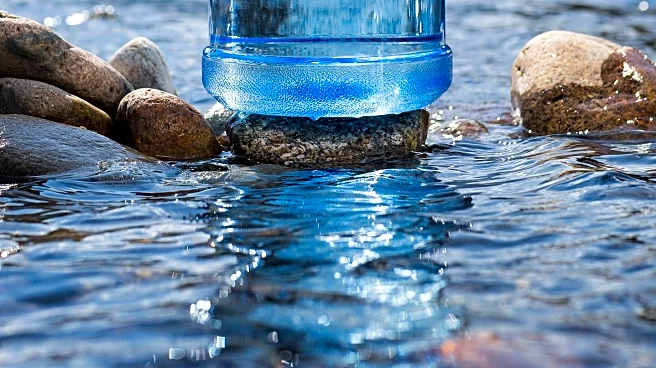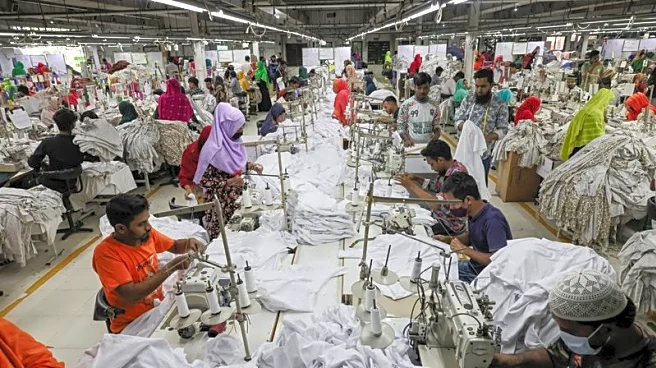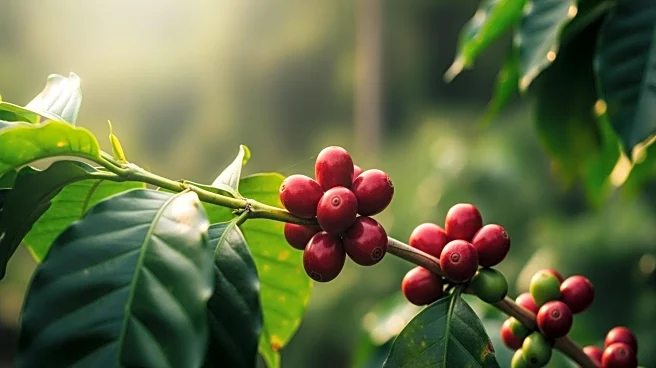What is the story about?
What's Happening?
In the face of emergencies such as natural disasters or power outages, having access to clean drinking water is essential. Distilled water, which is free from minerals and impurities, is particularly useful for medical devices like CPAP machines, cleaning wounds, and other applications where mineral-free water is required. While distilled water can be purchased from stores, shortages have been reported, making it beneficial to know how to produce it at home. The process involves heating tap water until it vaporizes and then condensing the vapor back into liquid form, leaving impurities behind. This method is simple and can be done with common kitchen tools, providing a reliable source of distilled water during emergencies.
Why It's Important?
The ability to produce distilled water at home is crucial for individuals who rely on it for medical devices or other specific needs, especially during emergencies when store supplies may be depleted. This self-sufficiency can prevent disruptions in essential health care routines and ensure that individuals have access to clean water for drinking and other uses. Additionally, making distilled water at home can be cost-effective and environmentally friendly, reducing reliance on plastic bottles and the associated waste. This knowledge empowers individuals to maintain their health and safety during unforeseen events, highlighting the importance of preparedness.
What's Next?
As individuals become more aware of the benefits of making distilled water at home, there may be an increase in public interest in emergency preparedness and self-sufficiency. This could lead to more widespread adoption of home distillation techniques and potentially influence public policy on emergency readiness. Additionally, businesses that supply home distillation equipment may see increased demand as consumers seek to equip themselves for future emergencies. Public health campaigns might also emphasize the importance of having a reliable water supply during disasters, encouraging more people to learn and adopt these practices.
Beyond the Headlines
The practice of making distilled water at home touches on broader themes of self-reliance and sustainability. It encourages individuals to take proactive steps in managing their resources and preparing for emergencies, which can foster a culture of resilience. Moreover, this practice can contribute to environmental conservation by reducing plastic waste from bottled water. As climate change continues to impact weather patterns, leading to more frequent and severe natural disasters, the ability to produce essential resources like distilled water at home becomes increasingly relevant.


















